
History Quiz
Difficulty : Medium Get 6/10 correct to pass the quiz
Question 1 of 10
Who did George H.W. Bush lost the 1992 election to?
Question 2 of 10
Who was Eleanor Roosevelt?
Advertisement
Question 3 of 10
Who killed John F. Kennedy's presumed assassin Lee Harvey Oswald?
Question 4 of 10
Ah, here’s a brain teaser for you history buffs: What was the first name of that infamous Italian dictator known for his dramatic speeches and even more dramatic downfall, Mussolini?
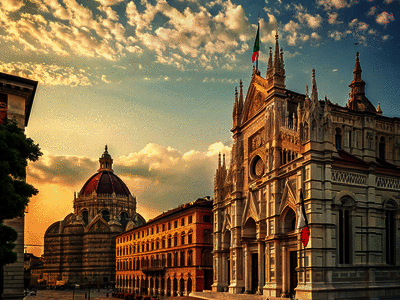
Question 5 of 10
Much in the news in early 1997, who or what was Hale-Bopp?
Question 6 of 10
In which year did construction begin on the Berlin Wall?
Question 7 of 10
Who fought under General Zachary Taylor in the Mexican War?
Advertisement
Question 8 of 10
Which two countries signed a treaty confirming the Oder-Neisse line border in 1990?
Question 9 of 10
Who wrote "The Canterbury Tales" at the end of the 14th century?
Question 10 of 10
During which War did the 1870 'Battle of Wissembourg' take place?
Advertisement

MORE QUIZZES
World History Trivia Quiz
10 mixed questions
10 mixed questions

Quiz : Cars people used to d
How many of them will you answer correctly?
How many of them will you answer correctly?

General Trivia Quiz
10 general knowledge questions
10 general knowledge questions

Tricky Trivia Test
10 Impossible Questions
10 Impossible Questions
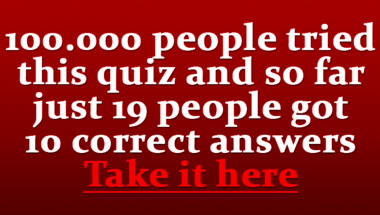
World Geography Quiz
Tell us your result in the comments
Tell us your result in the comments

General trivia quiz for geni
Tell your score - it makes us so happy :)
Tell your score - it makes us so happy :)
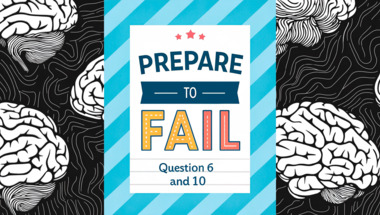
History Quiz
10 Impossible Questions
10 Impossible Questions
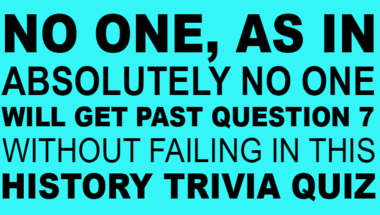
1970s Lyrics Quiz
10 mixed questions
10 mixed questions
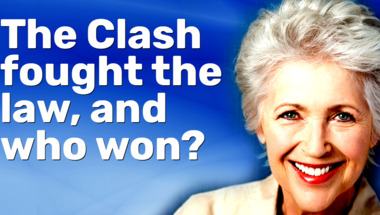
10-question fun facts challe
How many answers will you nail correctly?
How many answers will you nail correctly?

Advertisement
Take this general trivia qui
by clicking here
by clicking here

Do you know these 10 songs f
Let us know your score in the comments
Let us know your score in the comments

Science Quiz
How nerdy are you?
How nerdy are you?
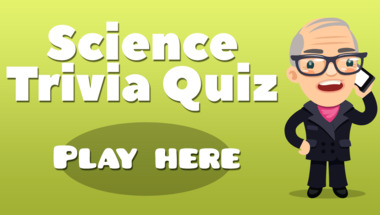
General Trivia Quiz
How many of them will you answer correctly?
How many of them will you answer correctly?

General Trivia Quiz
10 mixed genereal questions
10 mixed genereal questions
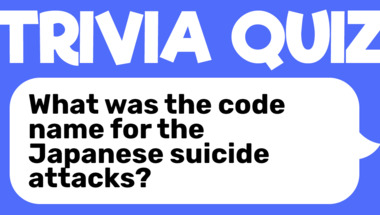
Movie Quote Quiz
Do you know all these movie quotes?
Do you know all these movie quotes?

History & Politics Trivia Qu
Let's see how smart you really are!
Let's see how smart you really are!

1950s Trivia Quiz
How many correct answers will you get?
How many correct answers will you get?

1950s Song Quiz
How many songs can you guess?
How many songs can you guess?

Advertisement
10 questions in mixed trivia
Tell your score in the comments!
Tell your score in the comments!

Quiz : US History 1960-1969
How much do you remember?
How much do you remember?
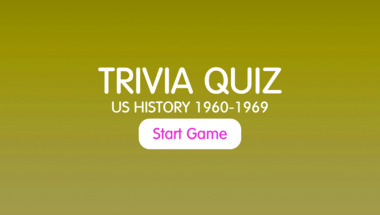
10 mixed general trivia ques
Trivia quiz
Trivia quiz
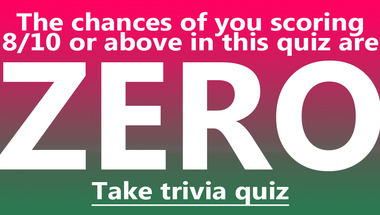
Quiz : Songs of the 1950s
10 questions
10 questions

Quiz : We name the car brand
How many of these car brands do you know?
How many of these car brands do you know?

Share if you can read the te
Most people will struggle
Most people will struggle

Trivia Quiz for knowledge hu
We wrote 10 questions in mixed categories
We wrote 10 questions in mixed categories

History Quiz
10 mixed questions
10 mixed questions

General Trivia Quiz
10 questions to test your knowledge
10 questions to test your knowledge
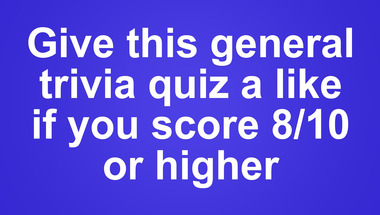
Advertisement
Geography Trivia Quiz
How's your trivia brain doing?
How's your trivia brain doing?
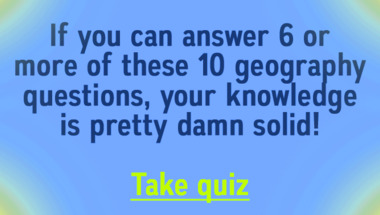
10 hand picked trivia questi
Let's see how smart you really are!
Let's see how smart you really are!

Science Challenge: 10 Brain-
How many right answers can you score?
How many right answers can you score?

History Quiz : The year 1968
What do you remember?
What do you remember?
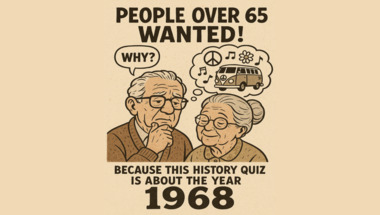
1960 Song Quiz
Can you guess these 10 singers/bands?
Can you guess these 10 singers/bands?

Expert Trivia Challenge
Can you reach 3 out of 10 correct answers?
Can you reach 3 out of 10 correct answers?
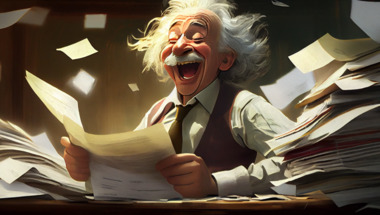
Food & Cooking Quiz
How many correct answers will you get?
How many correct answers will you get?

1970s Song Quiz
10 songs to guess
10 songs to guess

Movie Quiz
10 questions
10 questions

Advertisement
Expert Trivia Quiz
10 Quite Difficult Questions
10 Quite Difficult Questions

Quiz : Which one was invente
How many correct will you get?
How many correct will you get?
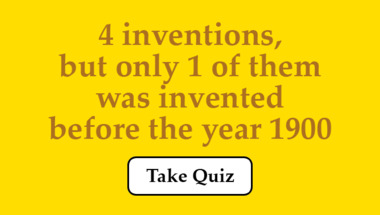
Food & Cooking Quiz
Are you the home cook who will score 8/10 in ..
Are you the home cook who will score 8/10 in ..

Music Quiz
10 questions
10 questions

10 fun questions about mixed
How many correct will you get?
How many correct will you get?

Food & Cooking Trivia Quiz
10 flavourful questions
10 flavourful questions

A quiz about Bryan Adams son
10 questions to test your knowledge
10 questions to test your knowledge

10-question general knowledg
How many questions will you nail in this 10-r..
How many questions will you nail in this 10-r..

Food/Cooking Trivia Quiz
10 mixed questions
10 mixed questions

Advertisement
IQ test
Whats your IQ?
Whats your IQ?
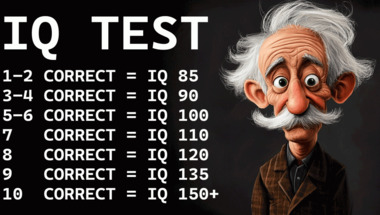
History Quiz
10
10
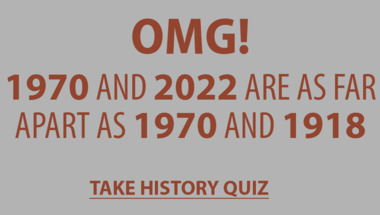
Quiz : 1930s Europe History
How many of them will you answer correctly?
How many of them will you answer correctly?

10 question history quiz
What will you remember?
What will you remember?
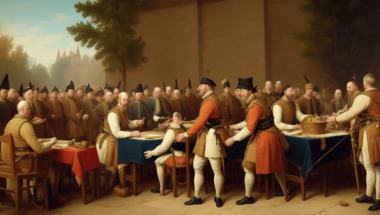
General trivia quiz
10 mixed questions
10 mixed questions

1977 Song Quiz
10 questions to test your knowledge
10 questions to test your knowledge

Trivia Quiz : Mixed categori
10 Questions
10 Questions

Trivia Test
10 fun trivia questions
10 fun trivia questions

Quiz on general knowledge
10 questions of various topics
10 questions of various topics
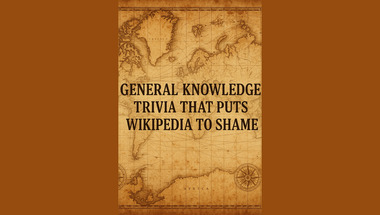
Advertisement
General Trivia IQ challenge
10 mixed trivia questions
10 mixed trivia questions
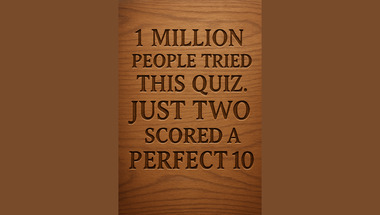
General Trivia Quiz
10 mixed questions
10 mixed questions
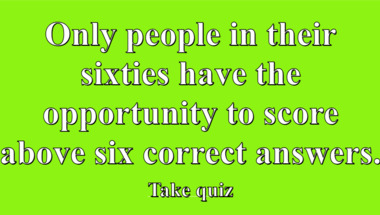
Trivia Quiz
10 mixed questions
10 mixed questions
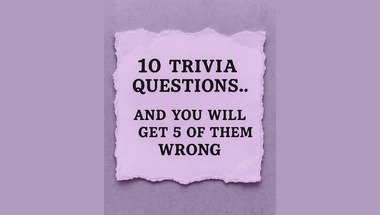
General Trivia Quiz
10 fun questions
10 fun questions

General Trivia IQ challenge
10 mixed trivia questions
10 mixed trivia questions

1960s History Quiz
10 questions about the amazing 60s
10 questions about the amazing 60s
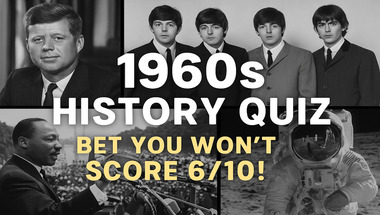
10 General Knowledge Questio
Let's see how smart you really are!
Let's see how smart you really are!

General Knowledge For Trivia
10 Impossible Questions
10 Impossible Questions

Quiz about food and cooking
Are you a foodie?
Are you a foodie?

Advertisement
World History Trivia Quiz fo
10 mixed up history questions
10 mixed up history questions

Quiz : Songs on the hit list
Do you still have friends from back then?
Do you still have friends from back then?

10-Question Brain Teaser Cha
How many questions will you ace in this 10-qu..
How many questions will you ace in this 10-qu..

General trivia exam
10 questions to challenge your brain
10 questions to challenge your brain
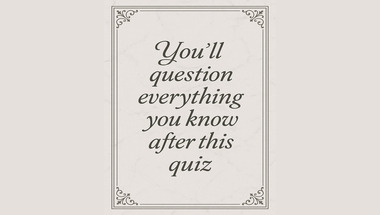
General Knowledge Quiz (10 q
Mixed category quiz
Mixed category quiz

Movie Quiz
10 mixed questions
10 mixed questions

World History Quiz
Did you pay attention in school?
Did you pay attention in school?

General Quiz
Let's test your trivia skills!
Let's test your trivia skills!

10-Question Geography Challe
How many right answers can you rack up?
How many right answers can you rack up?

Advertisement
Quiz on the history of the 1
10 inquiries regarding the historical events ..
10 inquiries regarding the historical events ..

Cooking Quiz
10 mixed questions for you
10 mixed questions for you

Trivia quiz for people who a
Can you score 8/10?
Can you score 8/10?

Food Quiz
10 mixed questions
10 mixed questions

General trivia quiz
10 mixed questions
10 mixed questions
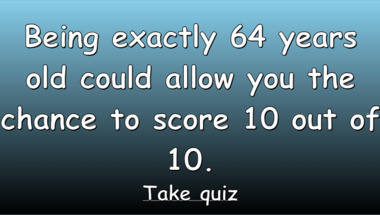
Smart Owl Trivia Quiz
10 questions to test your knowledge
10 questions to test your knowledge

What do you know?
10 questions to test your knowledge
10 questions to test your knowledge
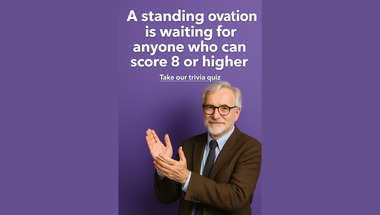
10 question trivia quiz
How many of them will you answer correctly?
How many of them will you answer correctly?
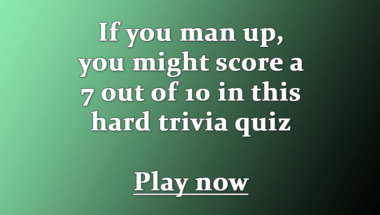
Cooking Quiz
Hows your skills in the kitchen?
Hows your skills in the kitchen?

Advertisement
General Trivia Quiz with 10
Can you score 7 or higher in this one?
Can you score 7 or higher in this one?
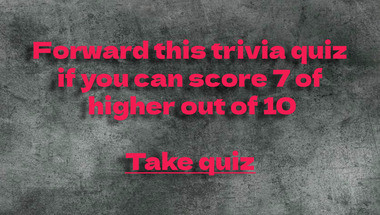
Trivia Quiz
10 questions to test your knowledge
10 questions to test your knowledge

Test your knowledge with thi
Test your knowledge with these 10 questions.
Test your knowledge with these 10 questions.

Mixed knowledge trivia quiz
10 questions to answer
10 questions to answer

Latin Words Quiz
Let us see how smart you really are!
Let us see how smart you really are!
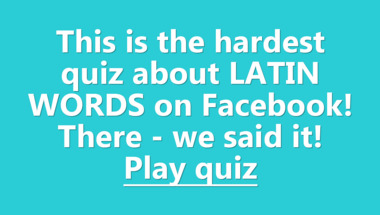
10 mixed general trivia ques
Fun quiz. Play now
Fun quiz. Play now

History Quiz
10
10
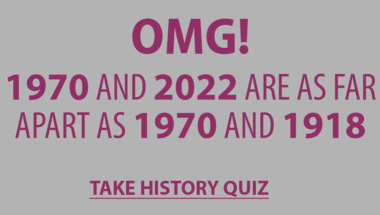
Quiz : Latin words
10 questions
10 questions
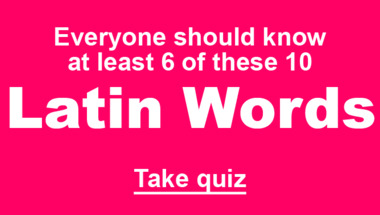
General Trivia IQ challenge
How smart are you really?
How smart are you really?
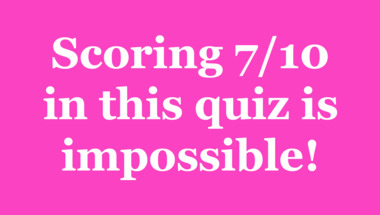
Advertisement
General Trivia Quiz
10 fun questions
10 fun questions

A Quiz on History that is su
Here are 10 entertaining history-related ques..
Here are 10 entertaining history-related ques..
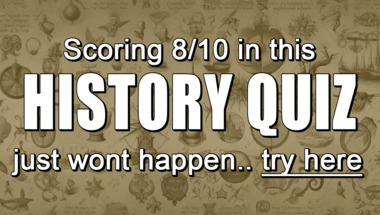
Only a registered nurse can
Do you have the required knowledge?
Do you have the required knowledge?

10 Trivia Questions
A quiz for our smartest followers
A quiz for our smartest followers

Test your foodie smarts with
How many can you nail in this 10-question foo..
How many can you nail in this 10-question foo..

Quiz about historical events
10 questions about history for trivia quiz
10 questions about history for trivia quiz
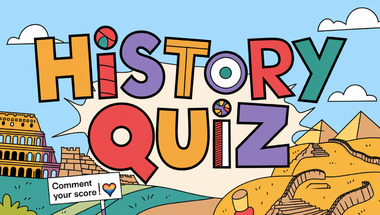
World Geography Quiz
WeQYouA Group Exclusive
WeQYouA Group Exclusive

1950s Song Quiz
How many songs can you guess?
How many songs can you guess?

10 movie questions
Can you even get 5 out of 10 correct?
Can you even get 5 out of 10 correct?

Advertisement
Cooking Trivia Quiz
10 home chef questions
10 home chef questions

General Trivia Quiz for the
10 easy to hard questions
10 easy to hard questions

* Trivia Quiz *
* 10 mixed general questions *
* 10 mixed general questions *

Mixed Knowledge Quiz
Tell us your score in the comment section bel..
Tell us your score in the comment section bel..
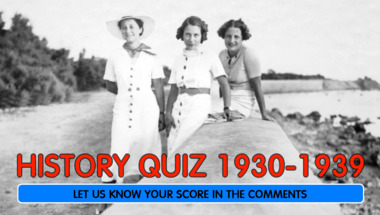
1960s History Quiz (Super Ha
Goal : Score 4 out of 10
Goal : Score 4 out of 10

Trivia Quiz for everyone on
10 questions from mixed categories
10 questions from mixed categories

10-question general knowledg
How many questions will you ace in this 10-qu..
How many questions will you ace in this 10-qu..

Challenge your intellect wit
Kindly share your science quiz score with us ..
Kindly share your science quiz score with us ..

T R I V I A Q U I Z
10 Impossible Questions
10 Impossible Questions
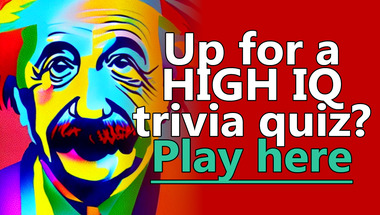
Advertisement
Music Quiz
Who sang these song from the 60's?
Who sang these song from the 60's?

Quiz : European History 1930
How many correct will you get?
How many correct will you get?
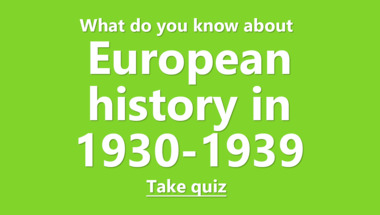
Mixed knowledge trivia quiz
10 mixed questions
10 mixed questions
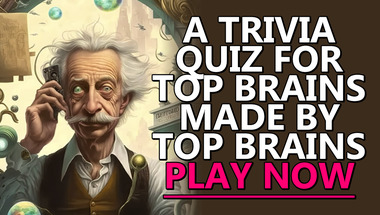
Mixed Knowledge Quiz
How's your trivia brain doing?
How's your trivia brain doing?
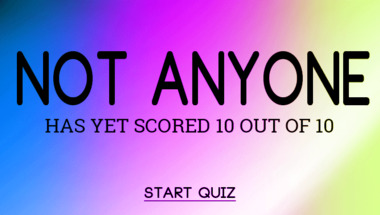
Unmanageable Trivia Quiz
How's your trivia brain doing?
How's your trivia brain doing?
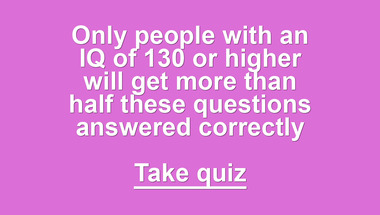
Trivia quiz from Albert to y
10 mixed questions
10 mixed questions

Mixed General Trivia Quiz
10 questions. Are you up for the challenge?
10 questions. Are you up for the challenge?

History Quiz
10 mixed history questions
10 mixed history questions
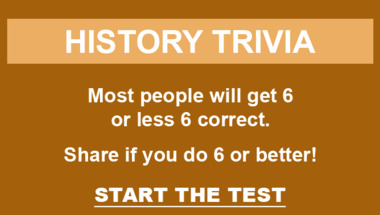
10 General Knowledge Questio
Let's see how smart you really are!
Let's see how smart you really are!

Advertisement
What do you know about music
10 questions to test your knowledge
10 questions to test your knowledge

I made you a quiz about 60s
Do you also love music from the 1960s?
Do you also love music from the 1960s?

Movie Quiz
10 questions
10 questions
